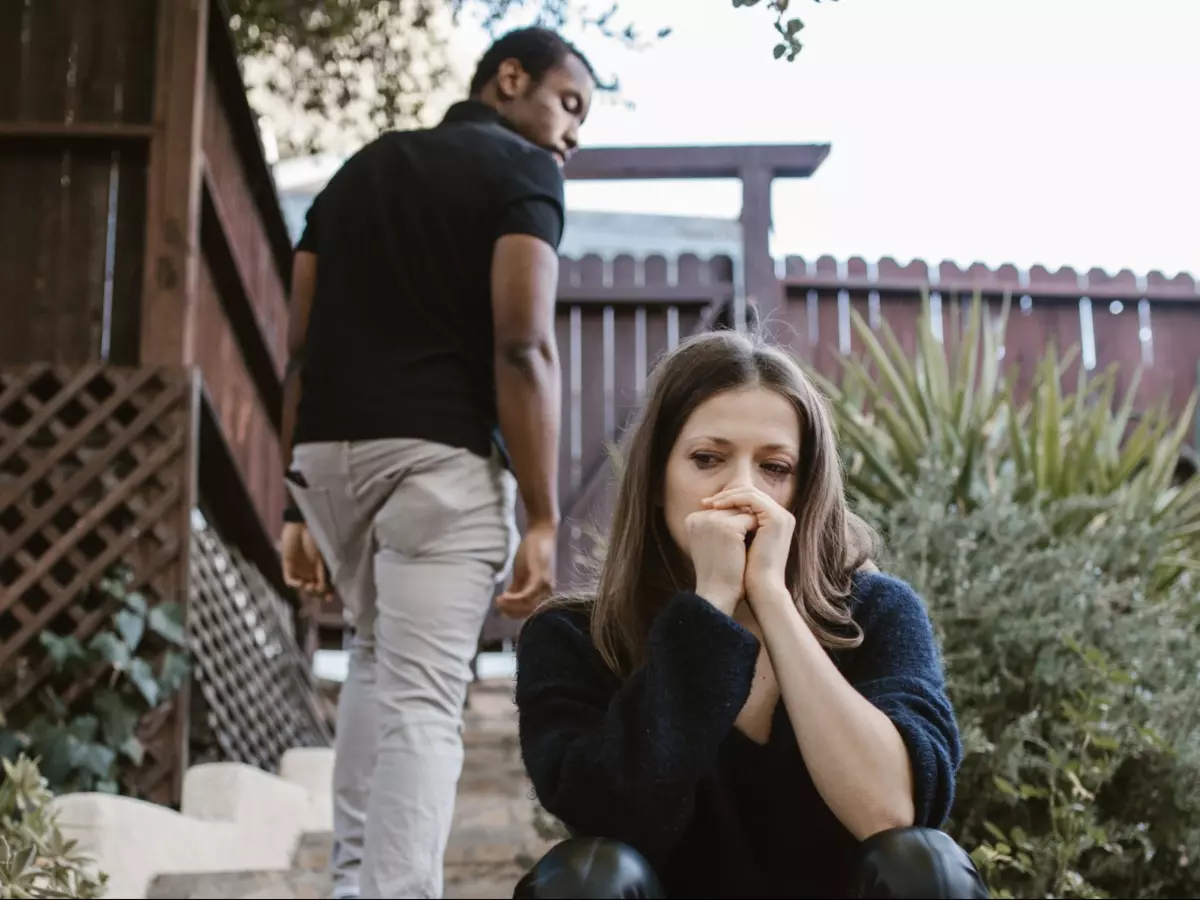Unveiling 'Spider-Webbing,' The Latest Toxic Dating Phenomenon
Spider Webbing is a word used to represent a collection of poisonous behaviors that, like a web, have become intricately knitted together to the point where you can no longer see through them.

Singles, take note: there's a new trend to avoid on your way to your next date.
Why should singles be aware of Spider-webbing?
Spider-webbing is a word used to represent a collection of poisonous behaviours that, like a web, have become intricately knit together to the point where you can no longer see through them.
It will feel similar to anyone who has been single in the online dating era, where no one says what they mean and most of us are reduced to two-dimensional ciphers telling others about a "shower thought" they once had.
What is Spider-webbing?
 Unsplash
Unsplash
Spider Webbing is a word used to describe a complex network of manipulative behaviours that can entangle someone in a difficult and destructive relationship, frequently leaving them feeling imprisoned and emotionally upset - explains Emma Hathorn, in-house dating expert at Seeking.com, a luxury dating service.
Where does this behaviour come from?
What those behaviours might include is anything from being ghosted, love-bombed, or gaslit, all of which have been extensively covered in recent years as they grow more widespread. The cruelties that might befall one in the pursuit of love are endless. We now have a single phrase to explain what happens when we are affected by all of them at the same time.
How can you tell if you are being spider-webbed?
The first sign is if your relationship is an emotional rollercoaster. "If you're experiencing intense highs and lows that leave you feeling uncertain, it could be a sign you're subject to some Spider Webbing tactics," Hathorn said.
Other, more visible indications include receiving continual criticism from your partner or recognising if they have double standards and hold you accountable for things they do themselves.
Finally, you may simply have to trust your intuition. "If something doesn't feel right, if you have a persistent feeling of unease, or if you find yourself questioning your own judgment, trust your instincts," Hathorn adds.
What do you think about this? Tell us in the comments.
For more trending stories, follow us on Telegram.









